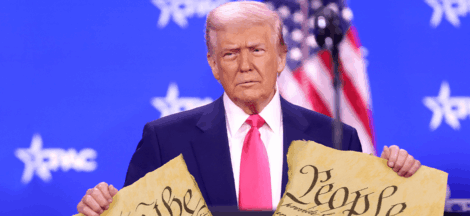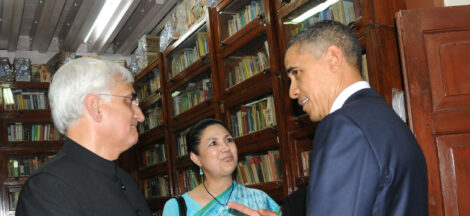Pakistan’s leadership has intensified efforts to bolster its water infrastructure following India’s suspension of the Indus Waters Treaty , a pivotal agreement governing water distribution between the two nations. Prime Minister Shehbaz Sharif has directed provincial authorities to expedite the construction of the Diamer-Bhasha Dam, a long-delayed project deemed critical for the country’s water and energy security.
The IWT, brokered by the World Bank in 1960, allocated control over the eastern rivers to India and the western rivers to Pakistan. India’s decision to suspend the treaty came in the wake of the Pahalgam terror attack on April 22, which it attributed to Pakistan-based militants. The suspension has heightened concerns in Islamabad over water scarcity and energy shortages, prompting urgent calls for infrastructure development.
Addressing a gathering at the Corps Headquarters in Peshawar, Sharif emphasized the necessity of enhancing water storage capabilities to counteract the potential impacts of India’s actions. He urged provinces to collaborate on strategies to increase the country’s water reserves and to remove obstacles hindering the progress of major dam projects, including the Diamer-Bhasha and Dasu dams.
The Diamer-Bhasha Dam, located on the Indus River between Khyber Pakhtunkhwa and Gilgit-Baltistan, has faced numerous delays since its proposal in the 1980s. Designed to be the world’s tallest roller-compacted concrete dam at 272 meters, it aims to generate 4,800 megawatts of electricity and store 10.5 cubic kilometers of water. Despite its strategic importance, the project has been hampered by funding challenges, environmental concerns, and its location in a disputed territory.
In response to the treaty’s suspension, Pakistan has also considered revisiting the 1972 Simla Agreement, which forms the basis of bilateral relations between the two countries. The government has signaled a willingness to suspend the agreement, reflecting the severity of the current diplomatic strain.
India’s stance remains firm, with officials stating that substantive dialogue will only resume once Pakistan takes decisive action against terrorism. Prime Minister Narendra Modi, in a May 12 address, reiterated this position, asserting that “water and blood cannot flow together,” underscoring the linkage between security concerns and water-sharing agreements.
The suspension of the IWT has exacerbated Pakistan’s existing economic challenges. The country is grappling with a severe financial crisis, with Prime Minister Sharif acknowledging the dire state of the economy and the need to shift focus from seeking international aid to attracting investment. The added pressure of potential water shortages has intensified the urgency for infrastructural development and strategic policymaking.




 Judiciary Must Earn Trust Through Integrity, Says CJI Gavai
Judiciary Must Earn Trust Through Integrity, Says CJI Gavai 